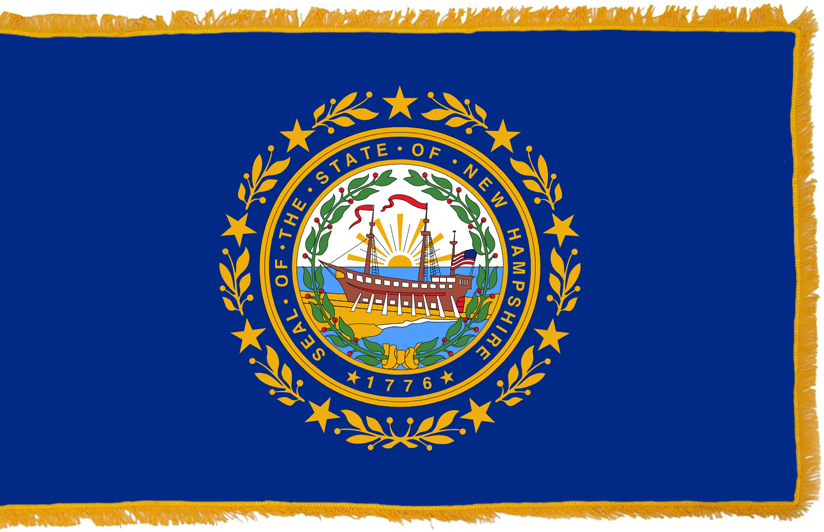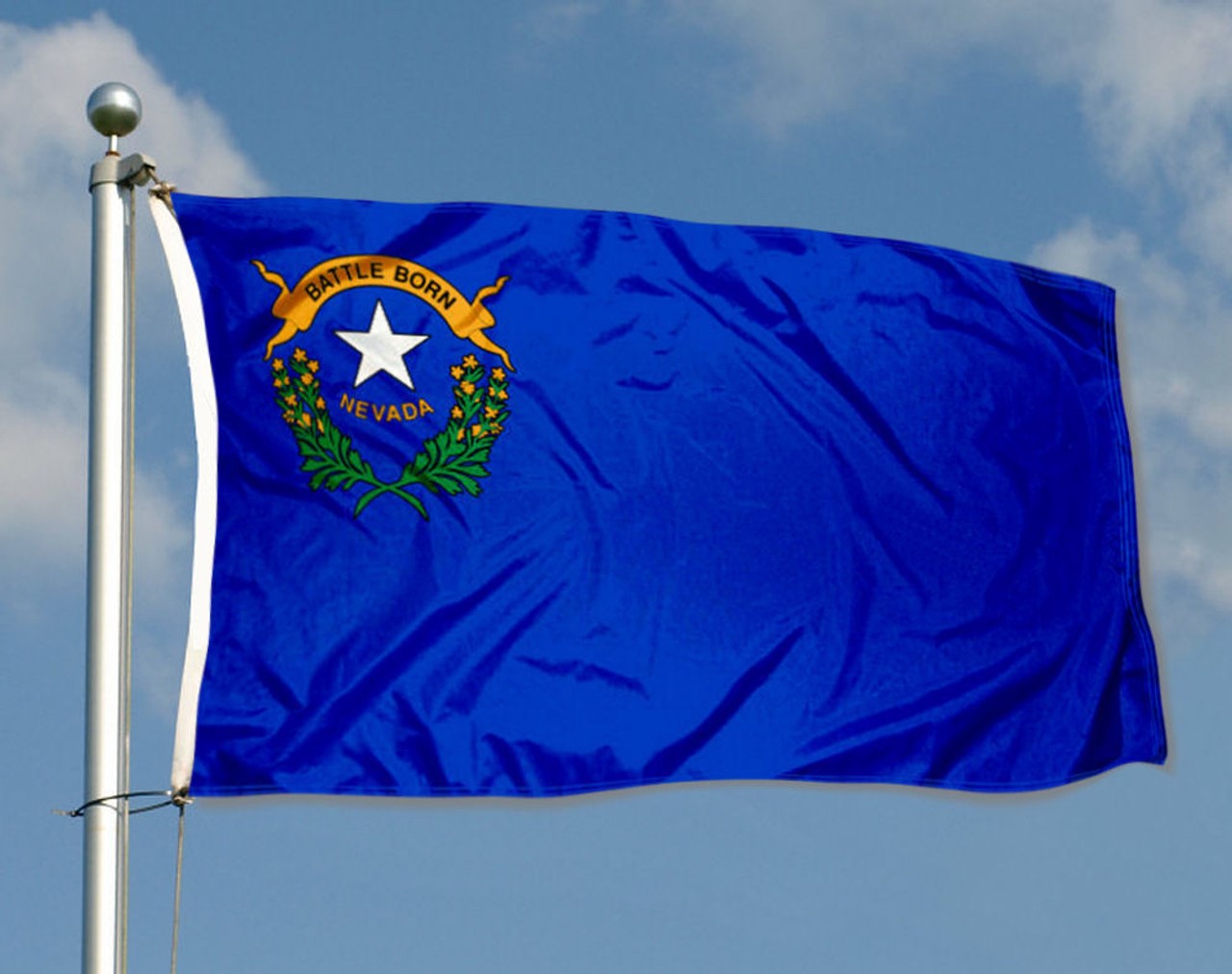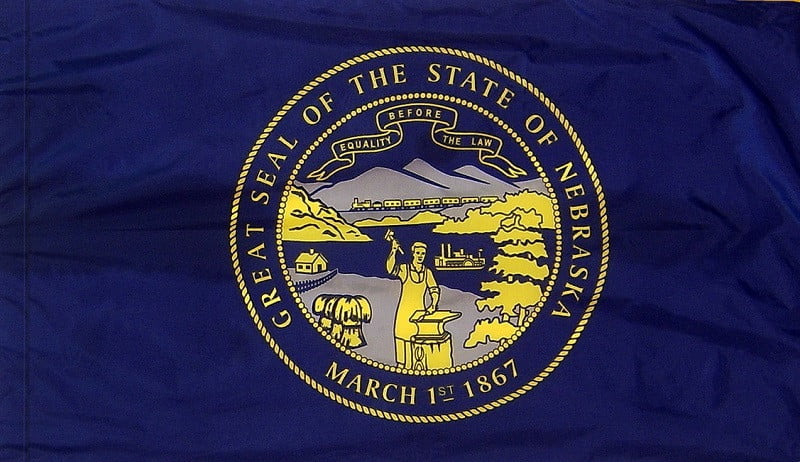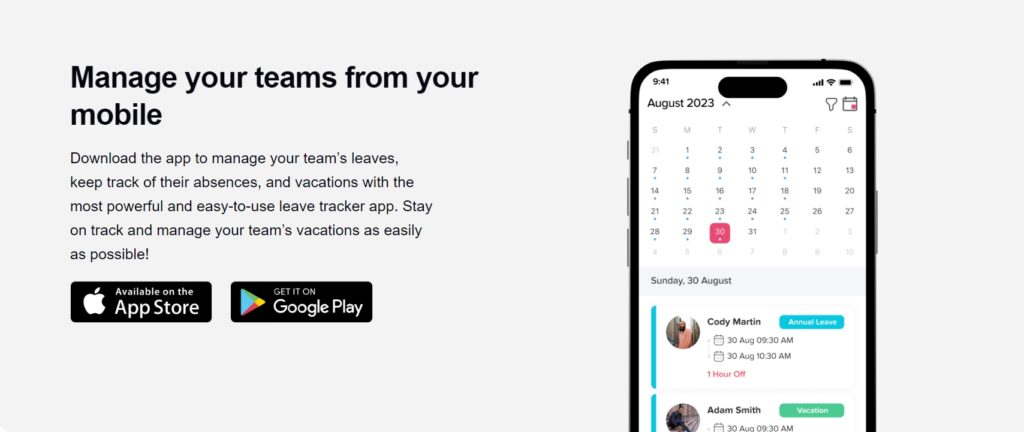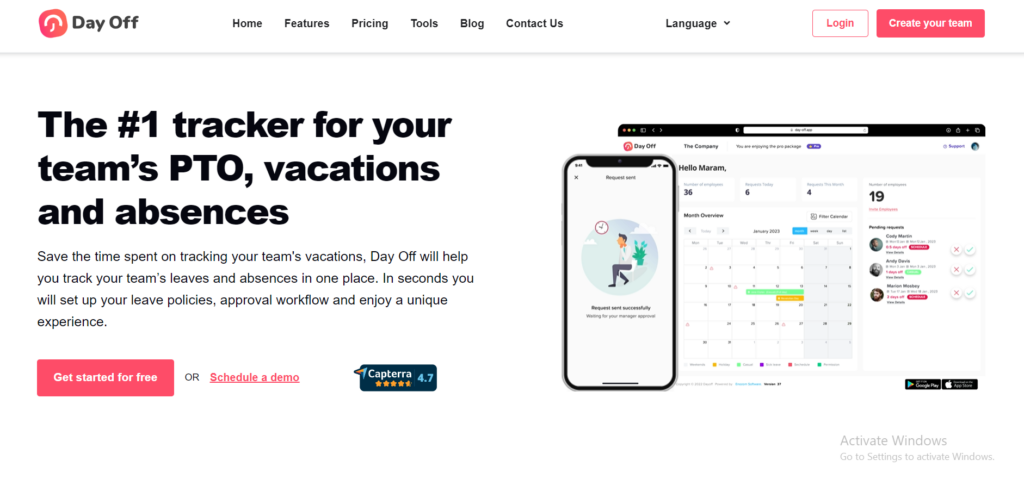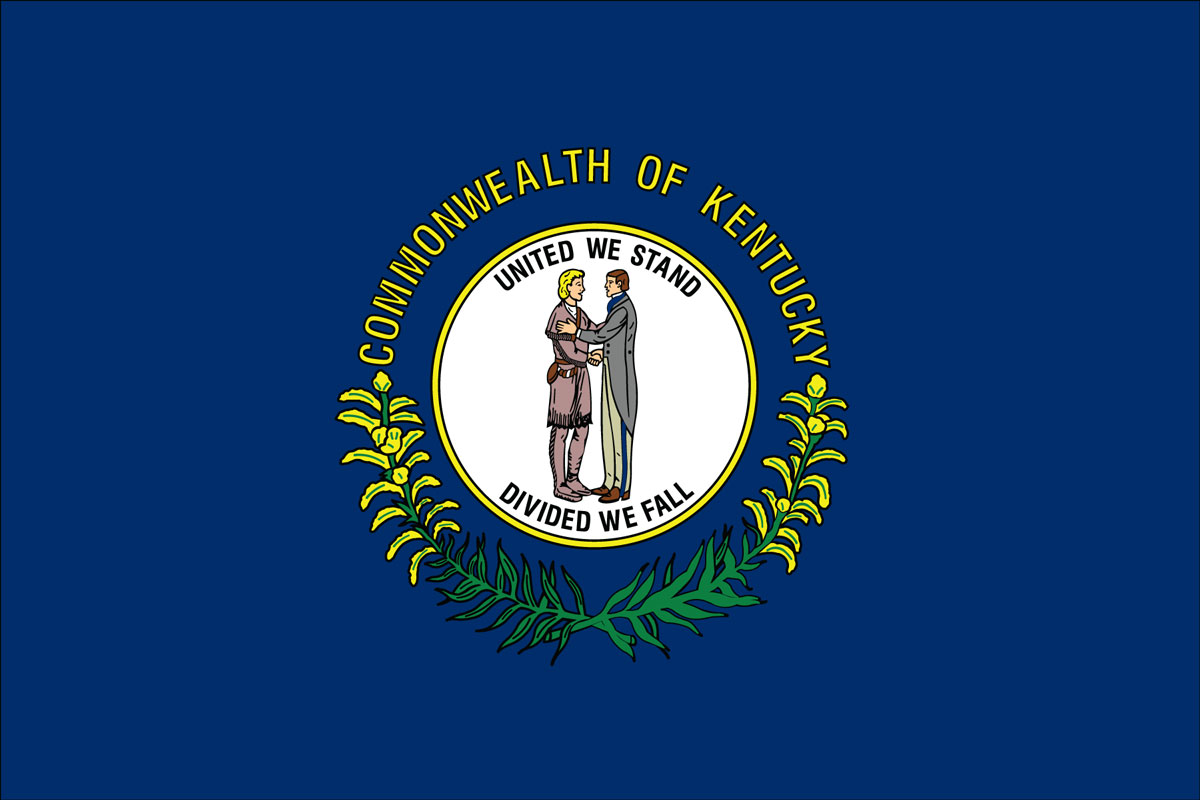As 2024 draws to a close, December presents a perfect opportunity to take advantage of long weekends. With the holiday season in full swing, December is a month filled with festivities, family gatherings, and moments of reflection. Whether you’re planning a winter getaway, spending quality time with loved ones, or simply taking a well-deserved break, the long weekends in December 2024 offer ample opportunities to recharge before the new year. Here’s how you can make the most of these extended breaks.
United States:
1. Christmas Weekend (December 21-25, 2024):
Christmas Day (Wednesday, December 25) creates a long weekend if you take December 23 and 24 (Monday and Tuesday) off, giving you a five-day break from Saturday, December 21, to Wednesday, December 25.
2. New Year’s Eve Long Weekend (December 28, 2024 – January 1, 2025):
New Year’s Eve (Tuesday, December 31) and New Year’s Day (Wednesday, January 1) create a long weekend if you take December 30 (Monday) off, resulting in a five-day break from Saturday, December 28, to Wednesday, January 1.
Canada:
1. Christmas Weekend (December 21-25, 2024):
Similar to the United States, Canadians can enjoy a long weekend from Saturday, December 21, to Wednesday, December 25, by taking December 23 and 24 off.
2. Boxing Day Weekend (December 26-29, 2024):
Boxing Day is on Thursday, December 26. If you take Friday, December 27, off, you can enjoy a long weekend from Thursday, December 26, to Sunday, December 29.
United Kingdom:
1. Christmas and Boxing Day (December 25-29, 2024):
Christmas Day (Wednesday, December 25) and Boxing Day (Thursday, December 26) create a long weekend if you take Friday, December 27, off. This results in a five-day break from Wednesday, December 25, to Sunday, December 29.
2. New Year’s Eve and New Year’s Day (December 28, 2024 – January 1, 2025):
With New Year’s Eve on Tuesday, December 31, and New Year’s Day on Wednesday, January 1, taking Monday, December 30, off can give you a five-day weekend from Saturday, December 28, to Wednesday, January 1.
Australia:
1. Christmas Weekend (December 21-25, 2024):
Similar to the US and Canada, Australians can enjoy a long weekend by taking Monday, December 23, and Tuesday, December 24, off, extending their break from Saturday, December 21, to Wednesday, December 25.
2. Boxing Day Weekend (December 26-29, 2024):
With Boxing Day on Thursday, December 26, taking Friday, December 27, off gives Australians a four-day weekend from Thursday, December 26, to Sunday, December 29.
New Zealand:
1. Christmas and Boxing Day (December 25-29, 2024):
New Zealanders can enjoy a long weekend by taking Friday, December 27, off, extending the break from Wednesday, December 25 (Christmas Day), to Sunday, December 29.
Germany and Other European Countries:
1. Christmas Weekend (December 21-25, 2024):
Many European countries, including Germany, celebrate Christmas on December 25, which falls on a Wednesday in 2024. By taking December 23 and 24 off, Europeans can enjoy a five-day weekend.
2. Second Christmas Day (December 26-29, 2024):
In countries like Germany and the Netherlands, December 26 is also a public holiday. Taking Friday, December 27, off can create a long weekend from Thursday, December 26, to Sunday, December 29.
South Africa:
1. Christmas Weekend (December 21-25, 2024):
South Africans can take advantage of a long weekend by taking December 23 and 24 off, creating a five-day break from Saturday, December 21, to Wednesday, December 25.
2. Day of Goodwill Weekend (December 26-29, 2024):
December 26 is known as the Day of Goodwill in South Africa, creating an opportunity for a four-day weekend if you take Friday, December 27, off.
Japan:
1. Emperor’s Birthday (December 21-23, 2024):
The Emperor’s Birthday is celebrated on Monday, December 23, 2024, giving Japan a long weekend from Saturday, December 21, to Monday, December 23.
2. Christmas Weekend (December 21-25, 2024):
Although Christmas is not a public holiday in Japan, those who take December 23-24 off can enjoy a five-day weekend.
Mexico:
1. Christmas Weekend (December 21-25, 2024):
Similar to the United States, Christmas Day on December 25 allows for a long weekend if you take December 23 and 24 off.
2. New Year’s Eve Long Weekend (December 28, 2024 – January 1, 2025):
With New Year’s Eve on December 31 and New Year’s Day on January 1, taking Monday, December 30, off allows for a five-day weekend.
India:
1. Christmas Weekend (December 21-25, 2024):
In India, Christmas is a public holiday in many states. By taking December 23 and 24 off, one can enjoy a five-day weekend from December 21-25.
Southeast Asia:
1. Christmas Weekend (December 21-25, 2024):
In countries where Christmas is celebrated as a public holiday (such as the Philippines and Singapore), workers can create a long weekend by taking December 23 and 24 off.
China and Vietnam:
1. New Year’s Eve Long Weekend (December 28, 2024 – January 1, 2025):
While Christmas is not widely celebrated, New Year’s Eve and New Year’s Day provide an opportunity for a long weekend by taking December 30 off.
Note:
The long weekends mentioned in the article are centered around official public holidays, which vary depending on the country:
- Christmas Day (December 25th): Official holiday in many countries including the United States, Canada, the United Kingdom, Australia, and much of Europe.
- Boxing Day (December 26th): Official holiday in countries like the United Kingdom, Canada, Australia, and New Zealand.
- New Year’s Eve and New Year’s Day (December 31st and January 1st): New Year’s Day is an official holiday worldwide. New Year’s Eve is commonly celebrated but is not always an official holiday, though some businesses may close early.
- Emperor’s Birthday (December 23rd): Official holiday in Japan.
- Day of Goodwill (December 26th): Official holiday in South Africa.
In some countries, additional holidays or the option to take time off around these dates may create long weekends, but whether or not they are official holidays depends on the specific country and its regulations.
Planning Tips for December 2024 Long Weekends
To make the most of the long weekends in December 2024, it’s important to plan ahead. Here are a few tips to ensure your holidays go smoothly:
Book Early:
December is one of the busiest travel months of the year, so it’s essential to book your flights, accommodations, and any activities well in advance. This not only helps you secure better rates but also ensures availability.
Budget Wisely:
The holiday season can be expensive, with costs for travel, gifts, and celebrations adding up quickly. Set a budget for your long weekend plans to avoid overspending, and look for deals or discounts on travel and accommodations.
Pack Smart:
If you’re traveling during the holidays, pack smart to avoid last-minute stress. Remember to bring warm clothing, especially if you’re heading to a colder destination, and consider packing gifts if you’re visiting family or friends.
Prioritize Relaxation:
The holiday season can be hectic, so be sure to schedule time for relaxation. Whether it’s a spa day, a quiet evening by the fireplace, or simply sleeping in, make sure you recharge during your time off.
Stay Flexible:
Weather and holiday crowds can sometimes disrupt plans, so it’s important to stay flexible. Have a backup plan in case of delays or cancellations, and try to go with the flow to keep the holiday spirit alive.
FAQ: Work-Life Balance During Long Weekends in December 2024
1. How can I ensure a healthy work-life balance during the long weekends in December?
To maintain a healthy work-life balance, plan your time off in advance. Set clear boundaries by informing colleagues and clients of your availability, avoid checking work emails during the break, and dedicate time to activities that help you relax and recharge. This approach will help you fully enjoy the long weekends without work-related stress.
2. What should I do if I have to work during one of the long weekends?
If work commitments require you to be available during a long weekend, try to manage your workload efficiently. Prioritize urgent tasks, delegate where possible, and set specific hours for work so that you can still enjoy some downtime. If possible, negotiate a compensatory day off later to make up for the lost time.
3. How can I prepare my team for my absence during a long weekend?
Before taking time off, ensure that your team is well-prepared for your absence. Delegate responsibilities, provide detailed instructions for ongoing projects, and designate a point of contact for any urgent matters. Communicating your plans in advance helps avoid disruptions and ensures smooth operations while you’re away.
4. How can I manage stress if I feel overwhelmed before the holidays?
The lead-up to the holidays can be stressful due to end-of-year deadlines and personal obligations. To manage stress, prioritize your tasks, break down large projects into smaller, manageable steps, and practice relaxation techniques like deep breathing or meditation. It’s also important to seek support from colleagues or a manager if needed.
5. What strategies can I use to make a smooth transition back to work after the long weekend?
Returning to work after a long weekend can be challenging. To ease the transition, start by reviewing your to-do list, prioritizing tasks, and catching up on emails gradually. It might also help to schedule lighter tasks on your first day back to give yourself time to adjust.
6. Is it advisable to check work emails during the long weekends?
While it’s generally best to disconnect completely during long weekends, some professionals may feel more comfortable staying partially connected. If you choose to check emails, set specific times for this (e.g., once in the morning) to prevent work from encroaching on your time off. Otherwise, consider setting an out-of-office reply to manage expectations.
7. How can I use long weekends to improve my professional skills?
Long weekends offer a great opportunity to engage in self-improvement without the usual workday pressures. You can use this time to read industry-related books, take online courses, or reflect on your career goals. Just ensure you balance this with relaxation to avoid burnout.
8. How can remote workers manage work-life balance during long weekends?
For remote workers, separating work from personal time can be more challenging. To manage this during long weekends, create a physical separation by not working in your usual workspace, and turn off work notifications. It’s important to establish a routine that clearly marks the beginning and end of your work hours, even during holidays.
9. What are some tips for maximizing productivity before a long weekend?
To maximize productivity before a long weekend, prioritize your tasks and focus on completing high-impact projects. Avoid starting new projects that you can’t finish before your break, and tie up any loose ends. This approach will help you leave work with peace of mind, knowing that critical tasks are under control.
10. Should I discuss my long weekend plans with my manager or team?
Yes, it’s a good idea to inform your manager and team about your long weekend plans, especially if you’re taking additional days off around public holidays. This allows for better coordination within the team and ensures that everyone is aware of who will be available during the holiday period.
Conclusion
December 2024 offers numerous long weekends across the globe, providing the perfect opportunity for travel, relaxation, and celebration. Whether you’re planning to spend time with family, embark on a holiday adventure, or simply enjoy some downtime, these extended breaks are ideal for ending the year on a high note. Be sure to plan ahead to make the most of these long weekends and embrace the festive spirit!

